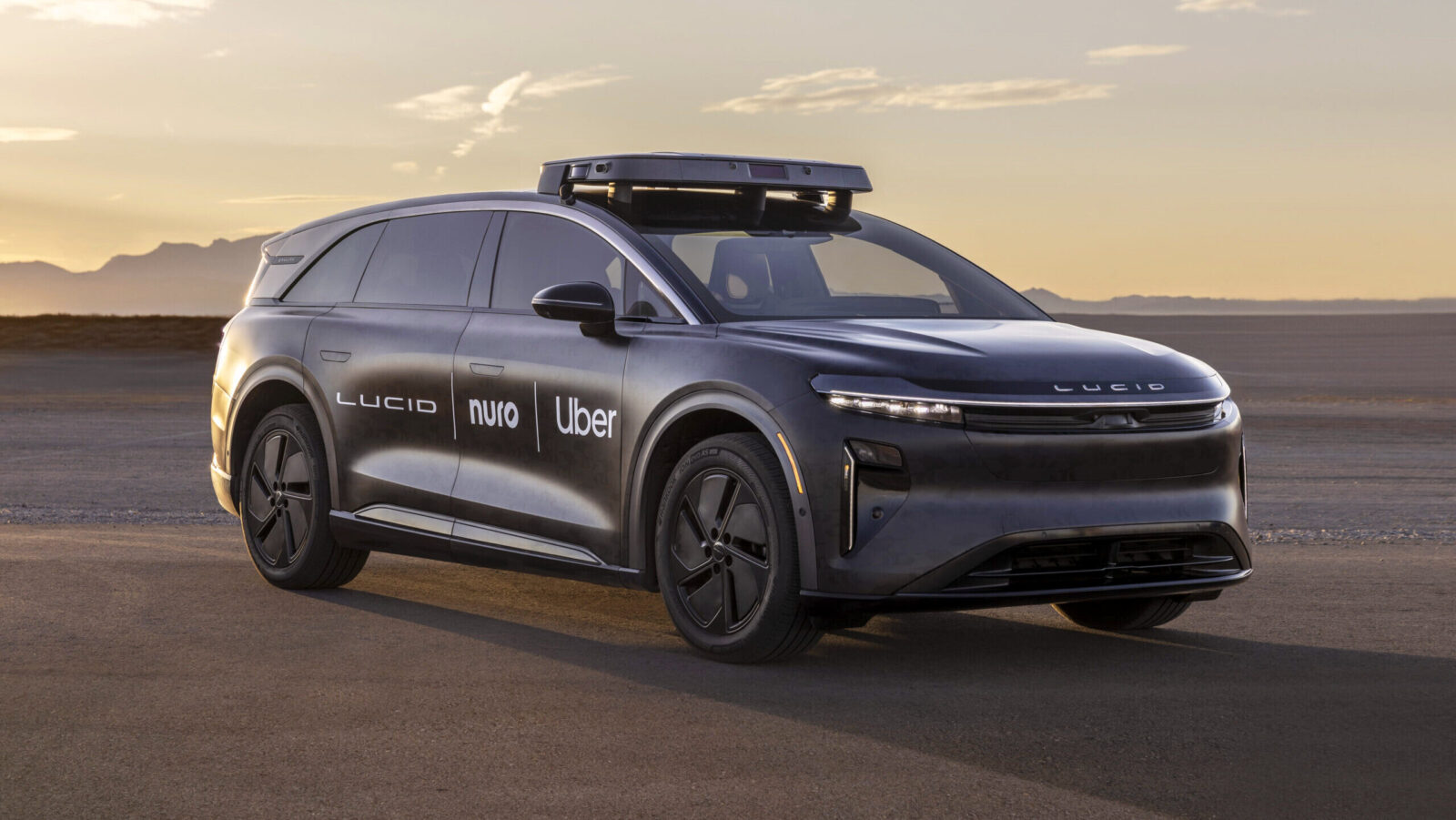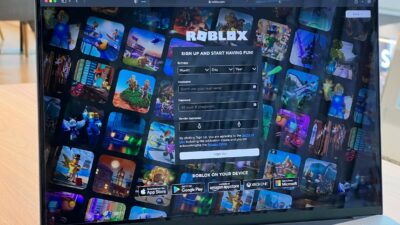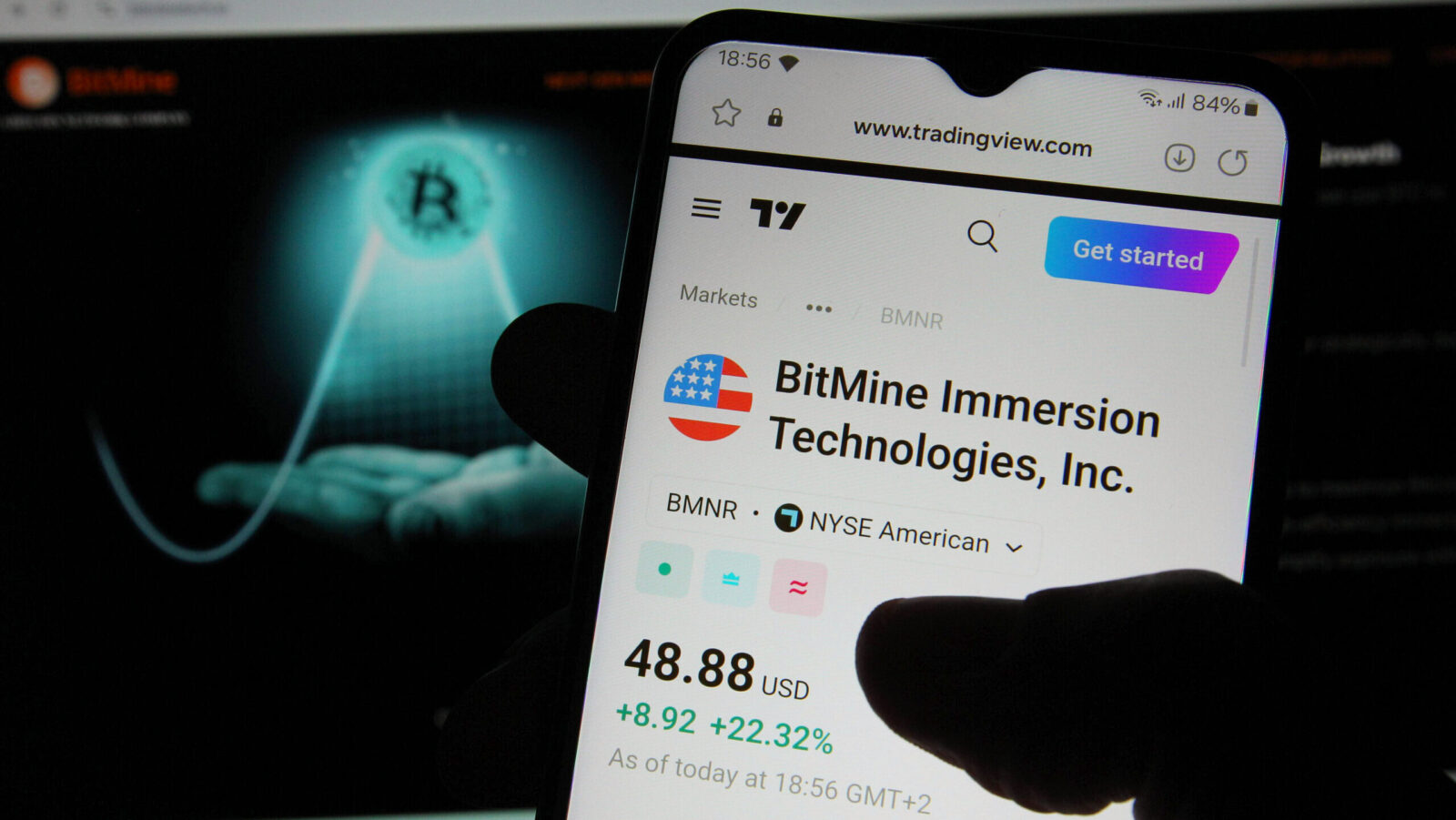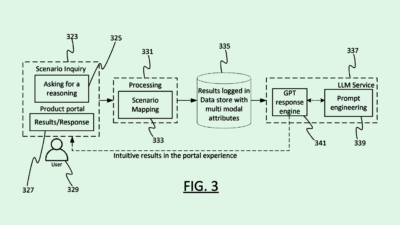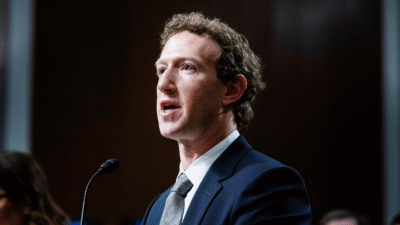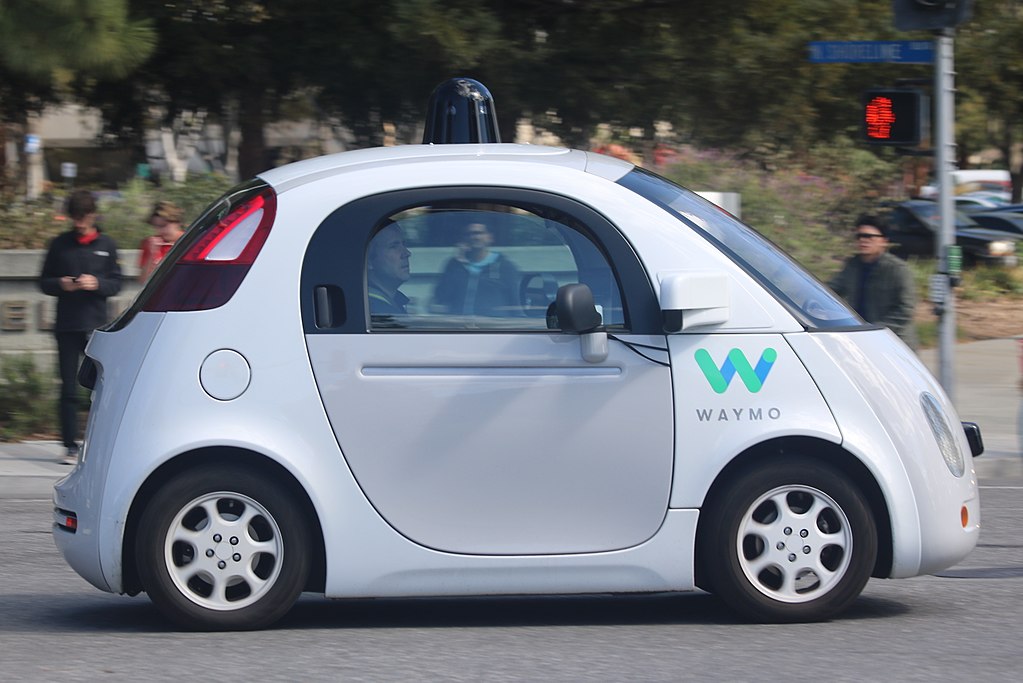
Sign up for smart news, insights, and analysis on the biggest financial stories of the day.
To keep dreaming its self-driving dream, Uber is entering into a new relationship with an old adversary.
Uber and Waymo, the autonomous driving division of Google’s parent company Alphabet, announced on Tuesday they’ve struck up a partnership. Waymo’s self-driving taxis will now be available through Uber’s regular ride-hailing app over a 180 square-mile area covering Phoenix, Arizona.
Enemies to Lovers
Uber and Waymo have not always enjoyed a friendly relationship. In 2017 the two companies legally locked horns when Waymo accused former Google engineer Anthony Levandowski, whose self-driving startup Otto had been bought up by Uber, of stealing its trade secrets. The two companies reached a settlement in 2018, and Levandowski was sentenced to 18 months in prison two years later — although he received a presidential pardon in 2021. A pretty rocky start to any relationship.
But hard times make strange bedfellows, and although Uber originally planned to develop its own self-driving technology, a fatal crash in 2017 stalled its progress, and in 2020 the company sold off the division. It never totally abandoned autonomous driving as a sector though, and in 2020 it struck a deal with Waymo to integrate its truck brokerage platform into Waymo’s autonomous trucking business.
Uber tying the knot with Waymo on robotaxis reflects a burgeoning strategy for commercializing autonomous driving:
- In December Uber started offering autonomous taxi rides for the first time ever via a partnership with Motional.
- Those rides promised to feature a human “safety driver” who could intervene if the car did something unexpected, whereas a Waymo spokesperson told The Daily Upside that its Uber rides will be totally autonomous with “no one behind the wheel.”
As well as no driver, there may well be no passengers in the cars. Waymo’s vehicles will also be on Uber’s delivery platform Uber Eats. There are still plenty of people who would be anxiously climbing into a car with no driver — but would they trust it with their Friday night tacos?
New Nemesis: While Waymo and Uber have put the past behind them, Google’s generative AI rivalry with Microsoft continues to rev up. Google’s search engine still has the advantage over Bing, but Microsoft has another point of consumer entry — Windows. No, Bill Gates isn’t going to clamber through your window to make you try ChatGPT. The Windows 11 operating system is getting a new AI assistant called “Copilot.” We predict ChromeOS will be getting a similar generative-AI second-officer very soon.
